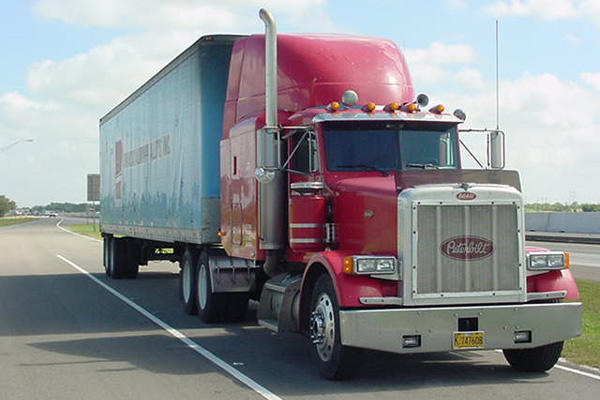Whether you're currently part of the transportation industry or not, it's always a good idea to stay updated on the latest news. The below piece from the Department of Transportation announces new standards in the transportation of lithium cells and batteries. Knowing this piece of information may come in handy in a future job interview.
WASHINGTON, D.C. -- The U.S. Department of Transportation has issued new standards to strengthen safety conditions for the shipment of lithium cells and batteries. These changes, some of which focus specifically on shipments by air, will better ensure that lithium cells and batteries can withstand normal transportation conditions and are packaged to reduce the possibility of damage that could lead to an unsafe situation.
“Safety is our No. 1 priority, and this rule provides an additional layer of protection to the shipment of lithium batteries, which we all depend on daily to power our phones and our laptops,” Transportation Secretary Anthony Foxx said. “Today's standards are part of our ongoing work to improve safety for all travelers, including those who travel with or ship lithium batteries."
The department's Pipeline and Hazardous Materials Safety Administration (PHMSA) developed this rule in close coordination with the Federal Aviation Administration (FAA). Voluntary compliance is encouraged upon publication of the final rule; however, mandatory compliance is effective six months after publication.
The rule will also provide a greater level of consistency with international standards, including the International Civil Aviation Organization's (ICAO) Technical Instructions for the Safe Transport of Dangerous Goods by air.
“Our continuing efforts to harmonize [the] U.S. Hazardous Materials Regulations with international standards improve consistency in procedures and terminology when shipping lithium batteries around the globe," noted PHMSA Administrator Cynthia L. Quarterman.
The final rule will:
- Enhance packaging and hazard communication requirements for lithium batteries transported by air;
- Replace equivalent lithium content with watt-hours for lithium ion cells and batteries;
- Adopt separate shipping descriptions for lithium metal batteries and lithium ion batteries;
- Revise provisions for the transport of small and medium lithium cells and batteries, including cells and batteries packed with or contained in, equipment;
- Revise the requirements for the transport of lithium batteries for disposal or recycling;
- Harmonize the provisions for the transport of low production and prototype lithium cells and batteries with the ICAO Technical Instructions and the International Maritime Dangerous Goods Code; and
- Adopt new provisions for the transport of damaged, defective and recalled lithium batteries.
Click here for a final copy.
PHMSA develops and enforces regulations for the safe, reliable and environmentally sound operation of the nation's 2.6 million mile pipeline transportation system and the nearly one million daily shipments of hazardous materials by land, sea and air. Please visit www.phmsa.dot.gov for more information.
Find the Right Veteran Job
Whether you want to polish your resume, find veteran job fairs in your area or connect with employers looking to hire veterans, Military.com can help. Subscribe to Military.com to have job postings, guides and advice, and more delivered directly to your inbox.











